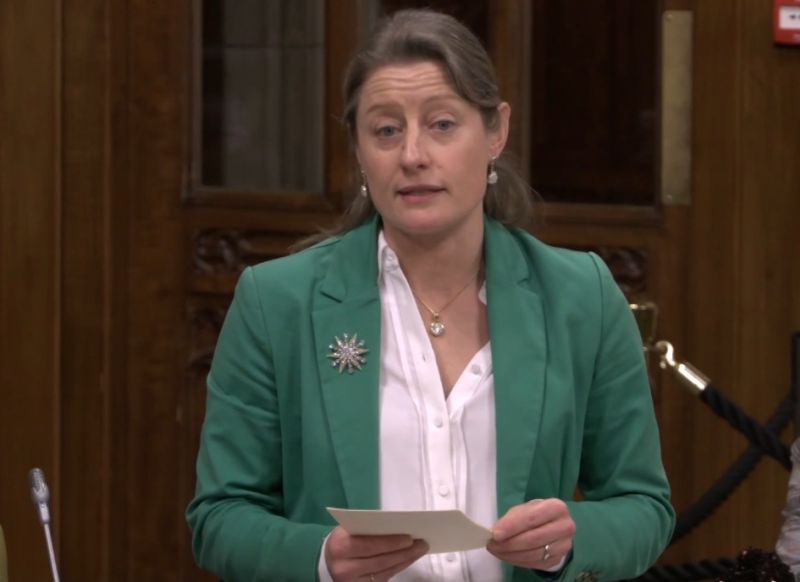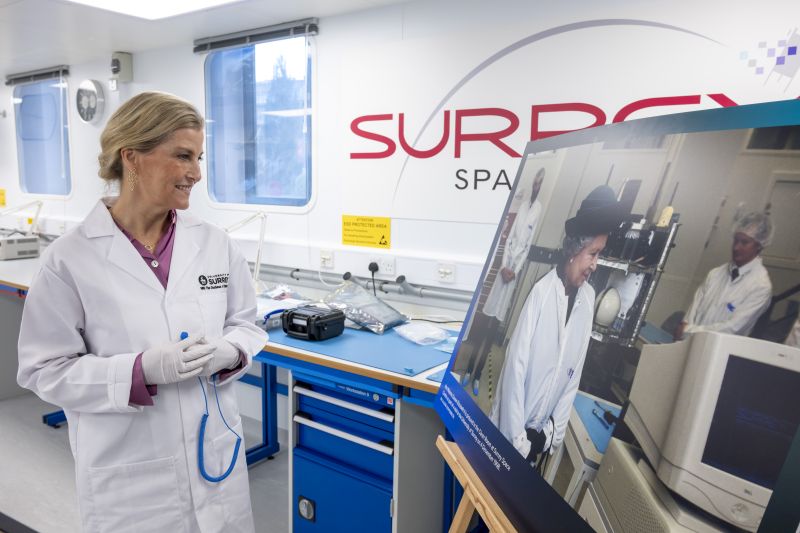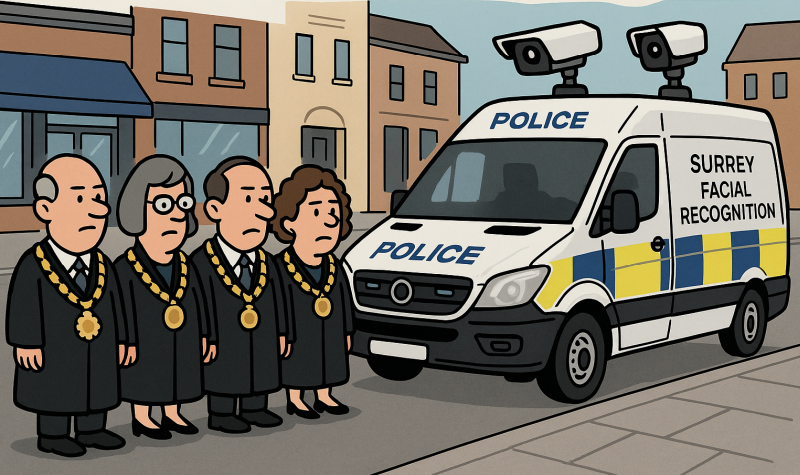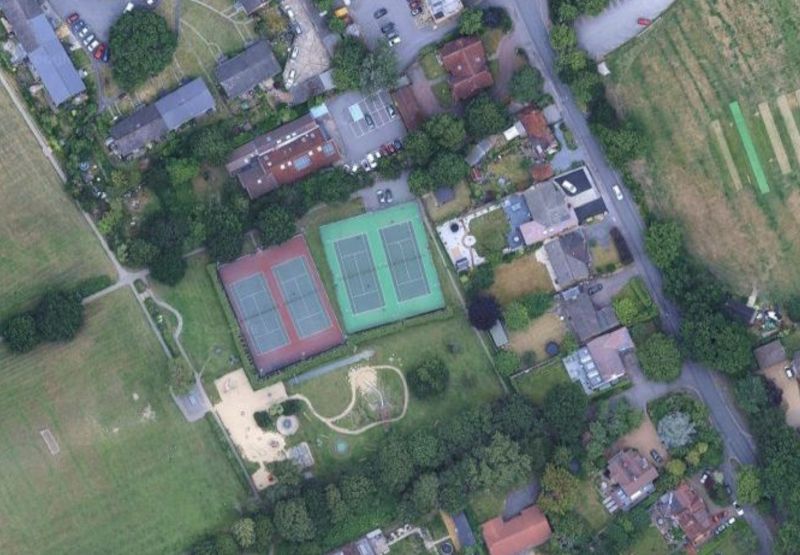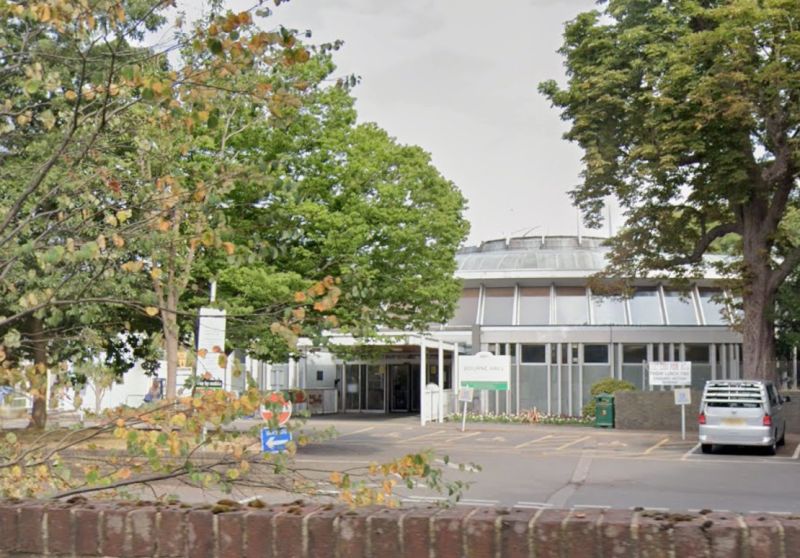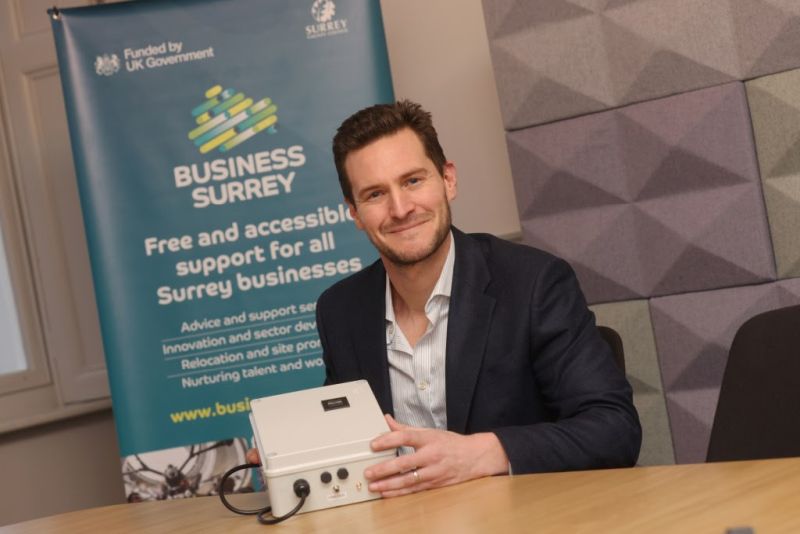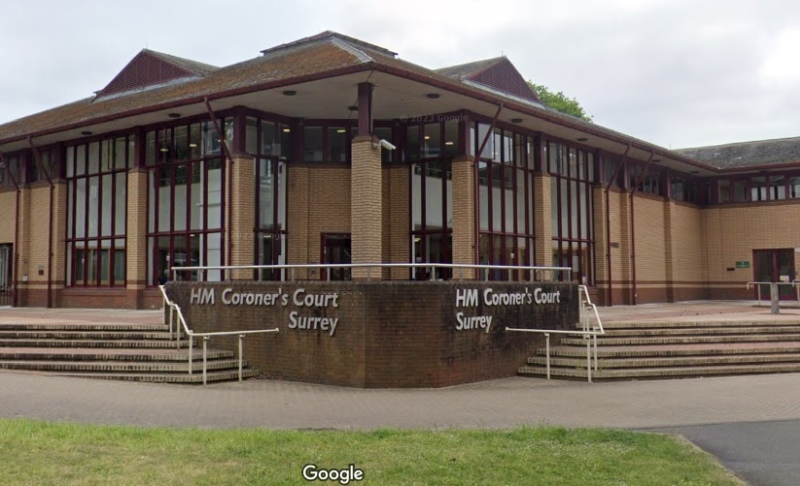Psychiatric bed shortages in Surrey
A man tragically took his own life in Surrey after a mental health relapse, prompting a coroner to warn of a shortage of psychiatric beds in Surrey hospitals.
Jonathan Harris, 52, who suffered from paranoid schizophrenia, died by suicide on June 27, 2022.
If an inpatient psychiatric hospital bed had been available just days earlier, Jonathan would not have died, the coroner ruled. Coroner Anna Crawford judged that action should be taken to prevent future deaths.
Bed shortages for mental health patients in Surrey, as well as nationwide, has been an ongoing issue for NHS Trusts. Many patients are forced to move up to 60 miles away from home to receive treatment because there are few beds in their area. The court heard that this is in the context of a national shortage of suitably qualified psychiatrists.
Following a lengthy psychiatric inpatient stay in Camberley in November 2021, Jonathan was under the care of Surrey Heath Community Mental Health Recovery Service, which is part of Surrey and Borders Partnership NHS Foundation Trust.
Jonathan was prescribed anti-psychotic medication. In February and May 2022, Jonathan requested for his medication to be reduced to fortnightly and then once every three weeks.
The reduction in medication in May 2022 was judged as “premature” by the coroner. Jonathan had reportedly shown signs of appearing “suspicious” when he was seen by the Surrey Heath Mental Health Team (MHT) on May 4. However, these signs were not explored.
The mental health team were also aware Mr Harris was moving house, meaning and move to a new community mental health team, which may affect his wellbeing.
Jonathan’s mental health continued to deteriorate and on June 24 it the MHT decided that he required an assessment under the Mental Health Act.
No inpatient bed was available and therefore the assessment did not take place. If Jonathan had been assessed, he would have been detained under the Mental Health Act and admitted to hospital.
The coroner said: “Mr Harris would not have taken his own life had he remained well and the relapse of his paranoid schizophrenia materially contributed to his death.
“Mr Harris would not have died had an inpatient psychiatric hospital bed been available on either 24, 25 or 26 June 2022.
“The court also heard that there is an ongoing shortage of available inpatient psychiatric beds in Surrey and that this is in the context of a national shortage of inpatient psychiatric beds. The court is concerned that both of these matters present a risk of future deaths.”
The Prevention of Future Deaths report was issued to NHS England rather than to Surrey and Borders Partnership. NHS England was invited to comment; it said it is working to the coroner’s deadline of 56 days to respond with the action it will take or proposed to take, and such information is not yet available.
Related reports:
Coroner catalogues care failures in diabetic death
Better private – public health communications could prevent deaths





